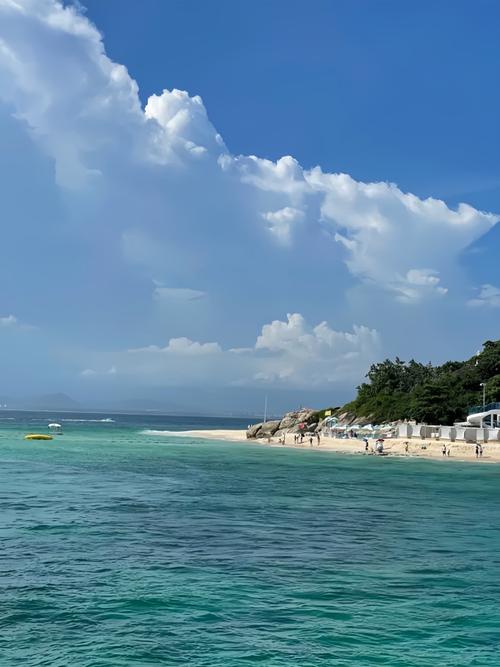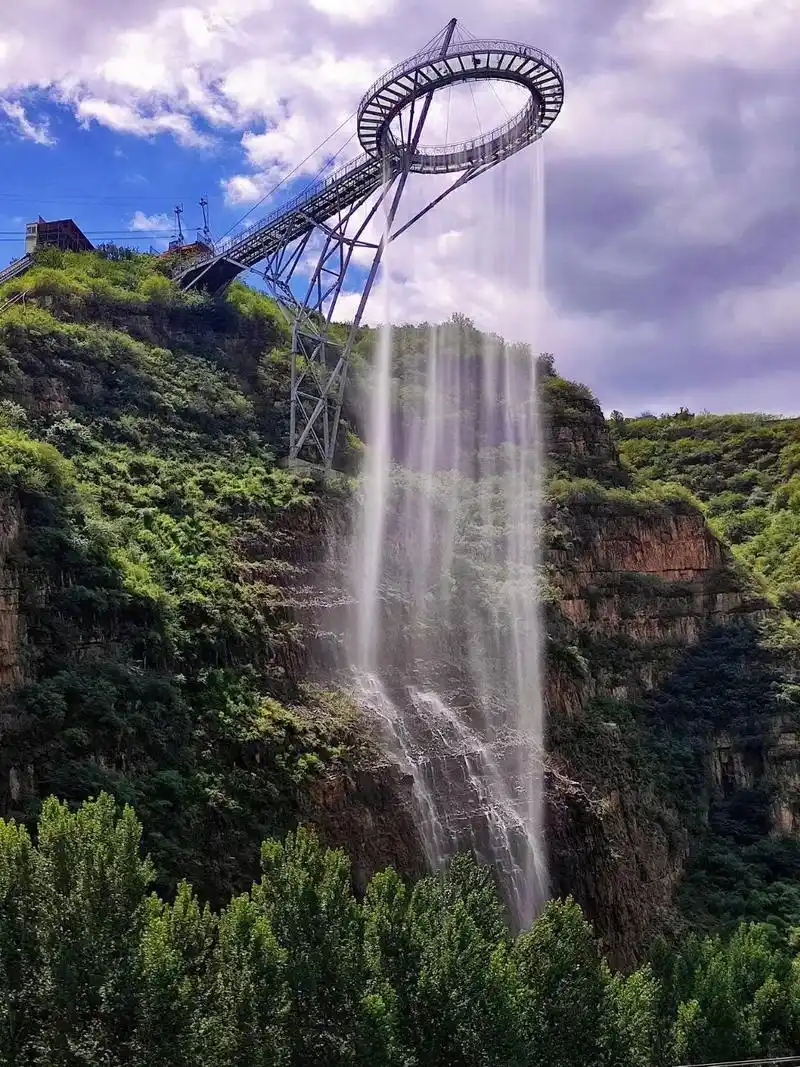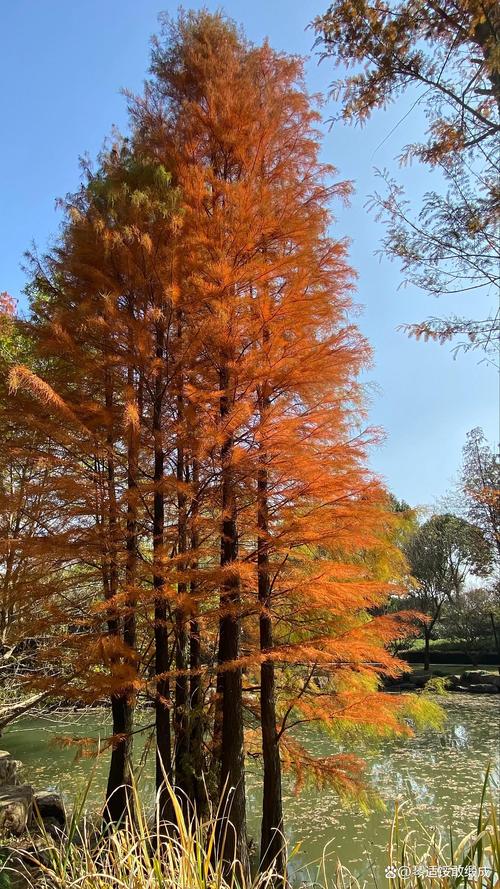Global Travel Information
Elbe River Solo Retreats: Connect with Yourself
The Solitude of the Elbe: A Journey to Reconnect with Yourself
In a world that never stops moving, where the noise of notifications, deadlines, and social obligations forms the constant soundtrack of our lives, the search for true silence and genuine self-connection has become a radical act of self-care. It is no longer just a luxury, but a necessity for mental and emotional survival. While group retreats and structured wellness programs have their place, there is a profound power in the solo journey—a deliberate, unstructured pilgrimage into solitude. For those seeking this path, few places offer the perfect blend of accessibility, serene beauty, and gentle guidance quite like the banks of the Elbe River. An Elbe River solo retreat is not about escaping life, but about rediscovering its essence by reconnecting with your own.
The Elbe, one of Central Europe’s major rivers, flows with a quiet, steady grace from the Czech Highlands through eastern Germany and onward to the North Sea. Unlike the dramatic, adrenaline-fueled rush of younger rivers, the Elbe is mature, contemplative, and wise. Its valley is a tapestry of soft, rolling landscapes, ancient forests, vineyard-terraced slopes, and storybook towns like Dresden, Meissen, and Wittenberg. This is not a landscape that shouts for attention; it whispers, inviting you to lean in and listen, both to the world around you and the one within.
The first and most profound gift of a solo retreat along the Elbe is the embrace of productive solitude. Solitude is often mistaken for loneliness, but they are fundamentally different. Loneliness is a sense of lack, a feeling of absence. Solitude, especially when chosen, is a state of rich presence—with oneself. Walking the well-marked Elbe Cycle Path (Elberadweg), often alone for stretches with only the rustle of leaves and the river’s flow for company, you shed the layers of your social identity. There is no one to perform for, no one to please, no conversations to maintain. The mind, initially frantic with leftover thoughts from daily life, gradually begins to settle. The internal monologue slows, making space for deeper, quieter voices—your intuition, your creativity, your unvarnished hopes and fears. This is where the reconnection begins.
The rhythm of the days on a solo Elbe retreat naturally fosters mindfulness. Your journey can be as active or as sedentary as you wish. You might choose to hike or cycle between villages, each turn in the path revealing a new vista: a castle perched on a hill, a swan gliding silently on the water, the sun dappling through a canopy of trees. This physical movement becomes a moving meditation. The focus required to navigate the path, however gently, anchors you in the present moment. You are not worrying about tomorrow’s meeting or replaying yesterday’s argument; you are simply here, noticing the cool breeze on your skin, the scent of damp earth after a rain, the satisfying rhythm of your own breath. The river itself is the ultimate teacher of mindfulness—it does not rush to reach the sea; it simply flows, unwavering and patient, embracing the journey itself as the destination.
The towns and cities along the Elbe serve not as distractions, but as gentle waypoints for reflection. Dresden, the “Florence on the Elbe,” with its meticulously reconstructed Baroque splendor, is a powerful testament to resilience and the human capacity for renewal. Sitting on the Brühlsche Terrasse, overlooking the river and the iconic dome of the Frauenkirche, you can contemplate the themes of destruction and rebirth in your own life. What old structures need to be released? What can be lovingly restored?
Further downstream, the medieval town of Meissen, birthplace of European porcelain, speaks of transformation through fire and artistry. In its quiet, cobblestoned alleys, you are reminded that we, too, are raw materials, shaped by our experiences and capable of becoming works of art. Lutherstadt Wittenberg, the cradle of the Reformation, echoes with themes of challenge, conviction, and changing one’s world. These places are not just to be visited; they are to be felt. As a solo traveler, you engage with them on your own terms, drawing personal parallels and insights without the filter of another’s opinion.
A crucial aspect of this retreat is digital disconnection. The Elbe Valley, while dotted with civilization, offers many pockets where phone service is weak or best ignored. This enforced digital detox is the key that unlocks the door to deeper awareness. The constant consumption of external information stops, and the production of internal understanding begins. You might find yourself journaling by the riverbank, sketching a scene that moves you, or simply sitting for an hour, watching the water and allowing your thoughts to meander as freely as the current. Without the dopamine hits of likes and comments, you recalibrate your source of validation, finding it within instead of from without.

Nourishment, too, becomes a mindful practice. Enjoying a simple meal of local fare—a picnic of fresh bread, cheese, and fruit from a village market, or a warm bowl of soup in a cozy gasthaus—you taste your food more intensely. You eat when you are hungry, rest when you are tired, and listen to the needs of your body, a language often drowned out by the demands of schedules and convenience.
Ultimately, an Elbe River solo retreat is a pilgrimage back to the self. The river is your constant companion, a mirror reflecting your own state of being. Some days it is calm and glassy, offering perfect clarity; other days it is shrouded in mist, reminding you that not everything needs to be seen or understood immediately. It carries you along, asking for nothing but your presence.
You return from such a journey not necessarily with grand answers, but with a better set of questions and a profoundly renewed relationship with yourself. The noise of the world will inevitably return, but the memory of the river’s flow remains—a deep, inner calm that you can access long after you’ve left its banks. You remember how to hear your own voice above the static. You remember that you are, and always have been, enough. The Elbe does not change you; it quietly, insistently, helps you remember who you were before the world began telling you who to be.
相关文章
- Elbe River Stamps: Collectible Postal Items
- Elbe River Coins: Commemorative Currency
- Elbe River Maps: Printable & Digital Versions
- Elbe River Atlases: Comprehensive Geographic Guides
- Elbe River Guidebooks: Pocket-Sized Travel Tips
- Elbe River Brochures: Free Information for Travelers
- Elbe River Flyers: Local Event Announcements
- Elbe River Posters: Decorative Prints of the River
- Elbe River Calendars: 2025 Wall & Desk Versions
- Elbe River Planners: Organize Your Trip with River Themes
发表评论
评论列表
- 这篇文章还没有收到评论,赶紧来抢沙发吧~


